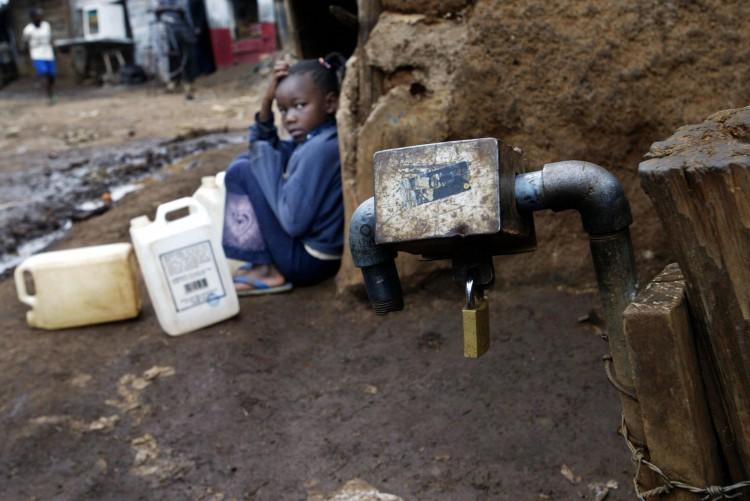With the world population rapidly expanding, global policymakers and influencers are in a race against the clock to figure out how to meet rising demands for fuel, food, and water. While the concept is not new, the urgency is acute, and the world finally needs to act on it, concludes the awaited final report of the United Nations High-level Panel on Global Sustainability that was released on Monday.
The 22-member panel, headed by South African President Jacob Zuma and Finnish President Tarja Halonen, was established in 2010 to chart a course for the world based on sustainable development and low-carbon prosperity. They call their 99-page (unformatted) report “Resilient People, Resilient Plant: A Future Worth Choosing.”
The important precursor to the panel dates back to 1987, when the Brundtland Report first introduced the concept of sustainable development as a new paradigm for economic growth that included social equality and environmental sustainability.
But while the term is now ubiquitously brandished, it has never been truly implemented. Why? “A failure of political will,” conclude the panelists after looking back at the last quarter of a century.
In practice, they say, sustainable development failed because it never made it into the mainstream of the economic policy debate. Instead, economic decision makers have treated its elements as externalities, versus macroeconomic, or any other economic level, management goal.







